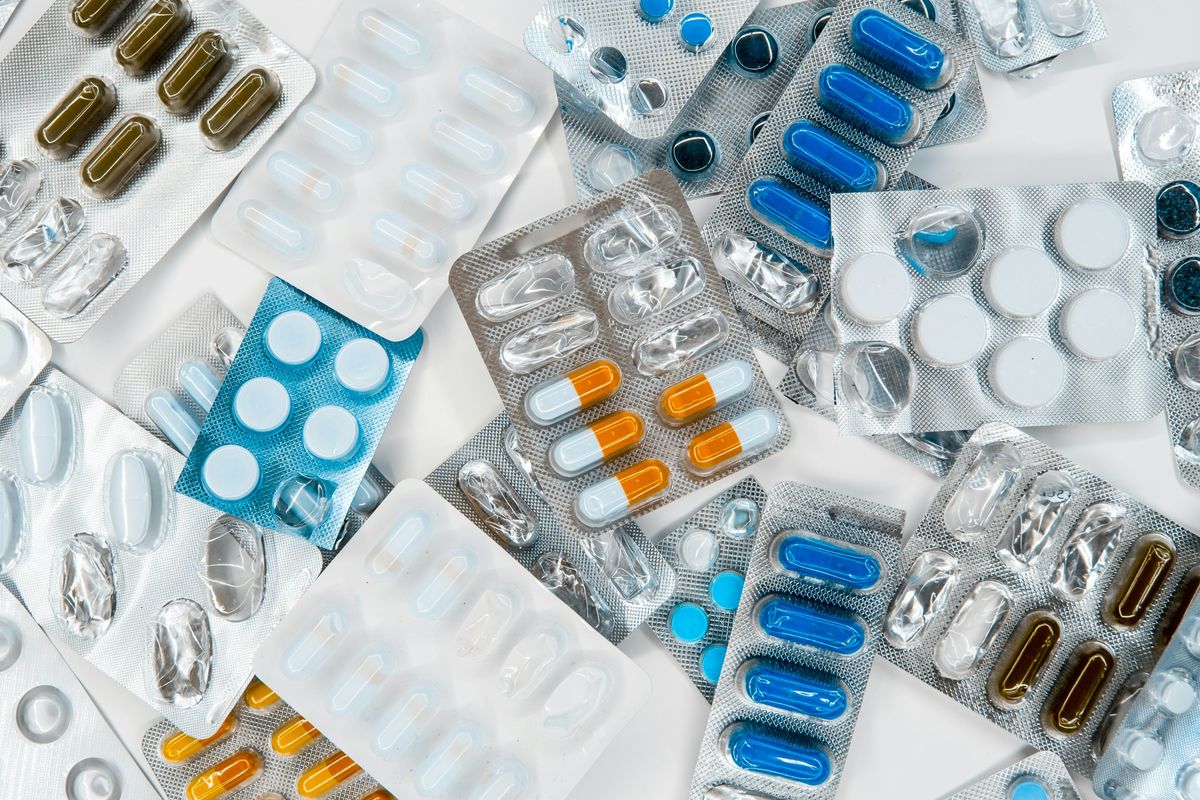Pakistan’s pharma firms see highest-ever quarterly profit
Topline Securities report says listed companies earned profit after tax of PKR 10.4B in 1QFY26
Business Desk
The Business Desk tracks economic trends, market movements, and business developments, offering analysis of both local and global financial news.

The sector has benefitted from the government's decision to deregulate prices of some medicines
Pakistan’s listed pharmaceutical companies earned a record profit in the first quarter of FY26 due to higher sales, lower input costs, and the government’s decision to allow the sector to set prices for some medicines.
According to a Topline Securities report, 13 companies listed on the Pakistan Stock Exchange earned a profit after tax of PKR 10.4 billion from July to September, the highest-ever quarterly earnings since the firm started compiling data.
The earnings jumped 30% year-on-year from PKR 8 billion in the same period last year.
This jump in profitability is primarily attributed to higher net sales, improved gross margins, and a decline in finance cost, the report added.
The companies’ net sales increased by 14% year-on-year to PKR 94 billion in 1QFY26, mainly led by an increase in drug prices following the deregulation of non-essential drugs in February 2024.
The decision allowed the pharmaceutical companies to set prices for the drugs, which improved sales and increased profitability.
Asad Ali, a senior analyst at Topline Securities and the report’s author, told Nukta that deregulation allowed the companies to scale production and increase prices.
This price increase led to an improvement in gross margins, which increased to 42% in 1QFY26 from 37% in the same period last year and 41% from the previous quarter.
Additionally, the decline in raw material prices and the stable currency further contributed to the increase in gross margins.
Lower input cost
According to the report, the sector's growth was led by five companies: Abbott Pakistan, The Searle Company, AGP Limited, Ferozsons Laboratories, and Hoechst Pakistan.
Another reason for the sector’s improved financial performance was the lower borrowing cost. The report said that financing cost declined by 52% year-on-year to PKR 1bn in 1QFY26 as the average KIBOR — benchmark lending rate — declined from 18.5% in 1QFY25 to 11% in 1QFY26, along with lower borrowings.
On a sequential basis, earnings increased by 35% quarter-on-quarter, mainly due to an improvement in gross level, coupled with a one-off adjustment in SEARL.
Without the company, the sector’s growth remained at 8% quarter-on-quarter.
Outlook
Ali said the deregulation decision is expected to have long-term impacts as it would increase competition among companies and lead to lower prices for consumers.
The report said the sector’s profitability “will continue to remain strong” as companies are now launching new products.
A further decline in the price of the active pharmaceutical ingredient — raw material used in medications — following the drop in crude oil prices will also support the gross margins of the sector.










Comments
See what people are discussing